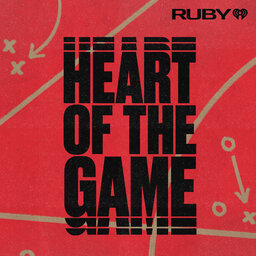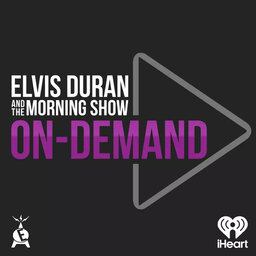NFL Hall of Famer Kurt Warner and sons Kade and E.J. Warner
Host Jon Frankel sits down with NFL Hall of Famer Kurt Warner and his sons, up-and-coming players Kade & E.J. Warner, to discuss the significance of family, philanthropy, and football.
The Warners share their views on how the game of football has evolved over time, how Kurt stays fit after retiring and what his sons aim to achieve on and off the field.
In 3 playlist(s)
Heart of the Game
In the game of life, maintaining a healthy lifestyle and nurturing meaningful connections with famil…Social links
Follow podcast
Recent clips

MLB Hall of Famer David Ortiz and Collegiate Player D’Angelo Ortiz
36:05

Volleyball Stars Logan and Shaye Eggleston
36:26

Olympic Water Polo Family Erich, Aria and Makenzie Fischer
35:16
 Heart of the Game
Heart of the Game

